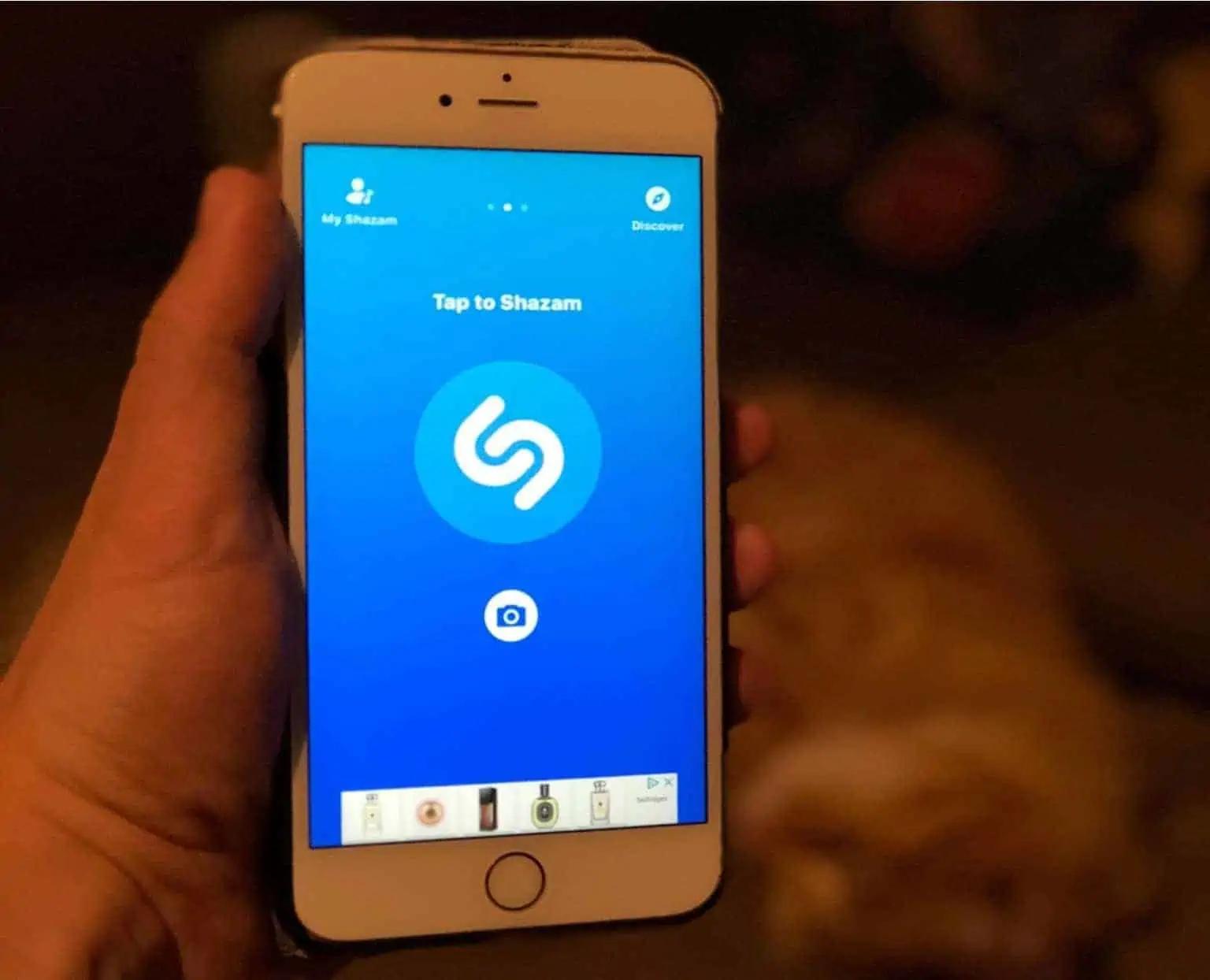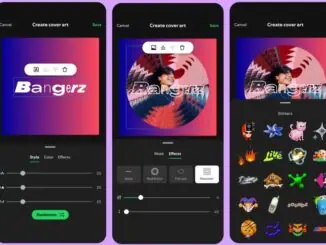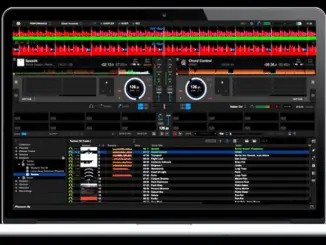
The European Commission has approved the proposed acquisition of Shazam by Apple under the EU Merger Regulation. The Commission concluded that the merger would not adversely affect competition in the European Economic Area or any substantial part of it.
Commissioner Margrethe Vestager, in charge of competition policy, said: ‘Data is key in the digital economy. We must therefore carefully review transactions which lead to the acquisition of important sets of data, including potentially commercially sensitive ones, to ensure they do not restrict competition. After thoroughly analysing Shazam’s user and music data, we found that their acquisition by Apple would not reduce competition in the digital music streaming market.’
The decision follows an in-depth investigation of Apple’s proposed acquisition of Shazam after it had been referred to the Commission by Austria, France, Iceland, Italy, Norway, Spain and Sweden earlier in the year.
EU competition regulators open ‘in-depth investigation’ into Apple’s Shazam takeover
Apple’s Apple Music is the second largest music streaming service in Europe, after Spotify and there were concerns that Apple would obtain access to commercially sensitive data about its competitors and that Apple’s competitors would be harmed if access to the Shazam app was discontinued.
The Commission findings were that:
- the merged entity would not be able to shut out competing providers of digital music streaming services by accessing commercially sensitive information about their customers. In particular, access to Shazam’s data would not materially increase Apple’s ability to target music enthusiasts and any conduct aimed at making customers switch would only have a negligible impact. As a result, competing providers of digital music streaming services would not be shut out of the market;
- the merged entity would not be able to shut out competing providers of digital music streaming services by restricting access to the Shazam app. This reflects the fact the app has a limited importance as an entry point to the music streaming services of Apple Music’s competitors; and
- the integration of Shazam’s and Apple’s datasets on user data would not confer a unique advantage to the merged entity in the markets on which it operates. Any concerns in that respect were dismissed because Shazam’s data is not unique and Apple’s competitors would still have the opportunity to access and use similar databases.




